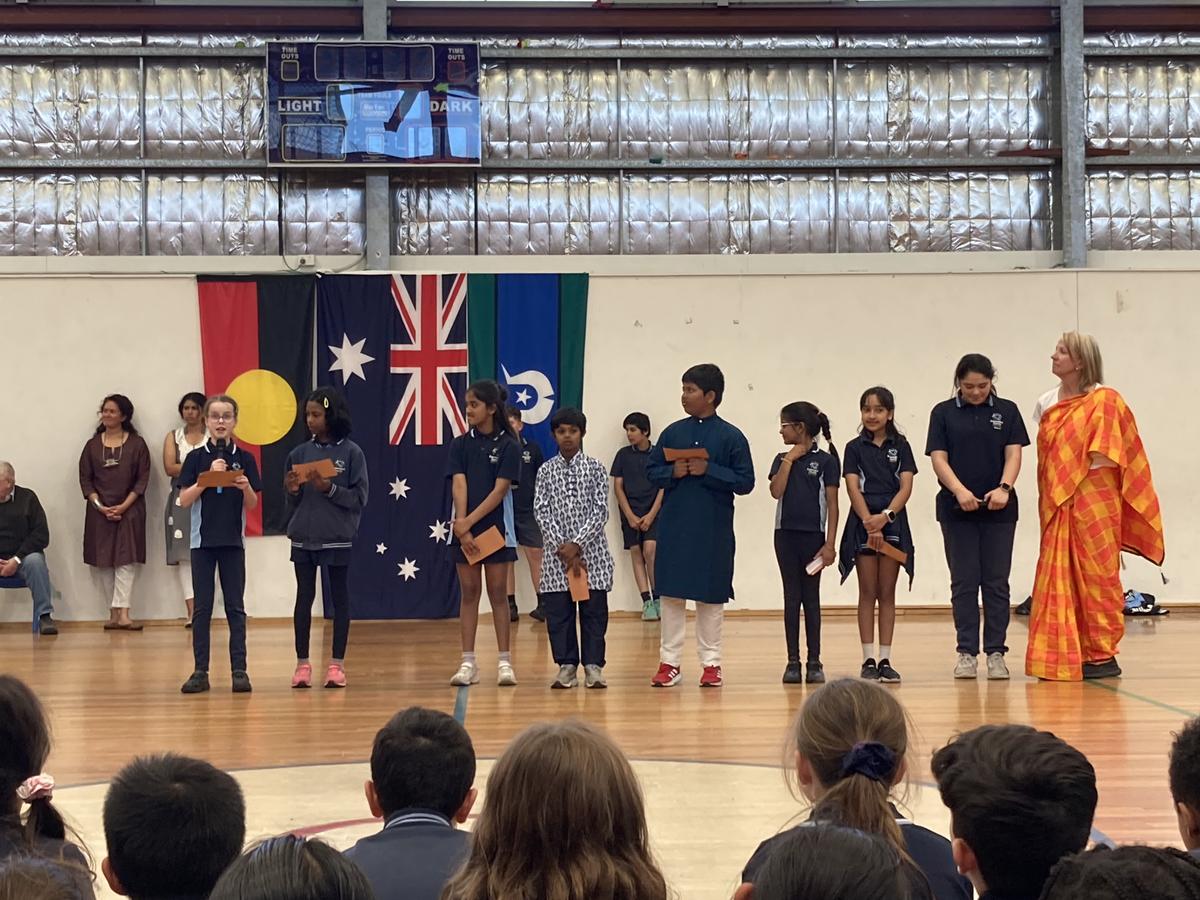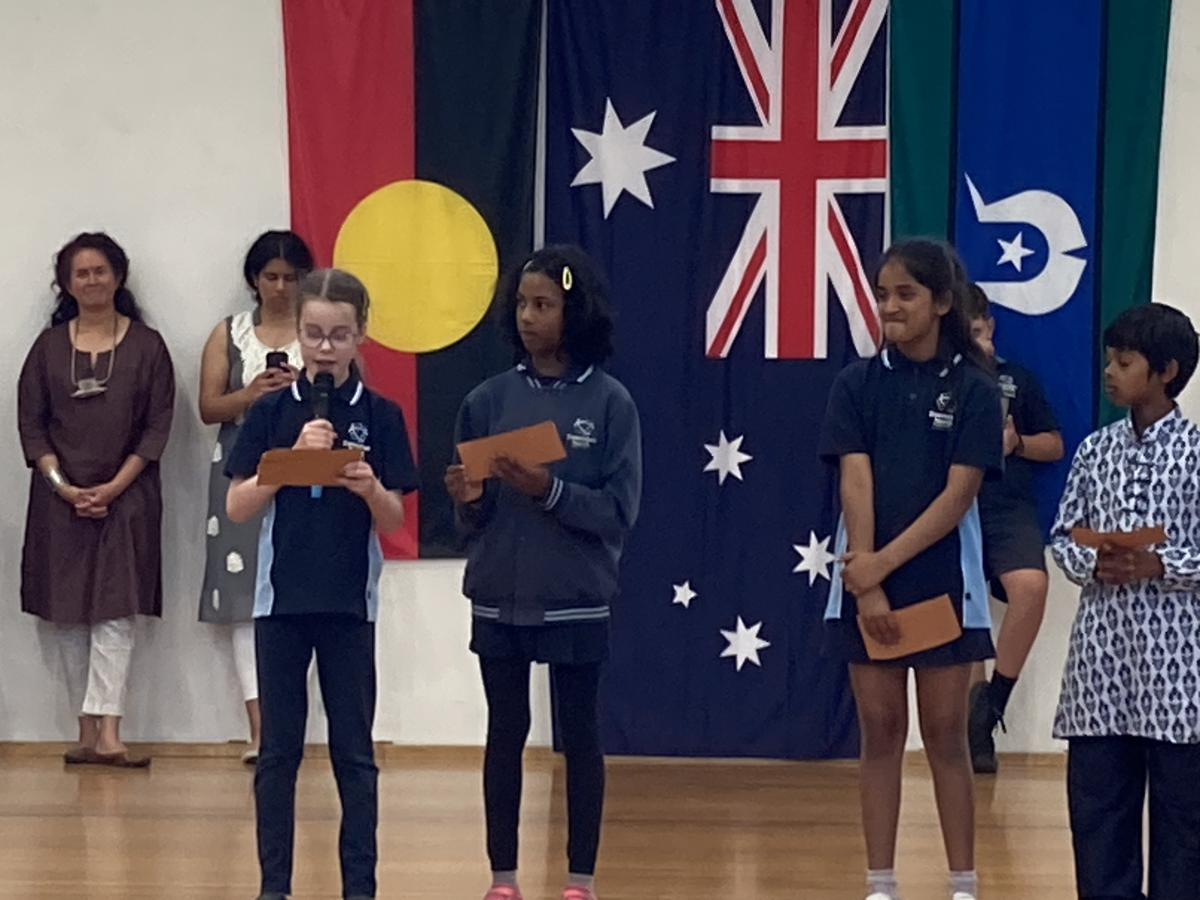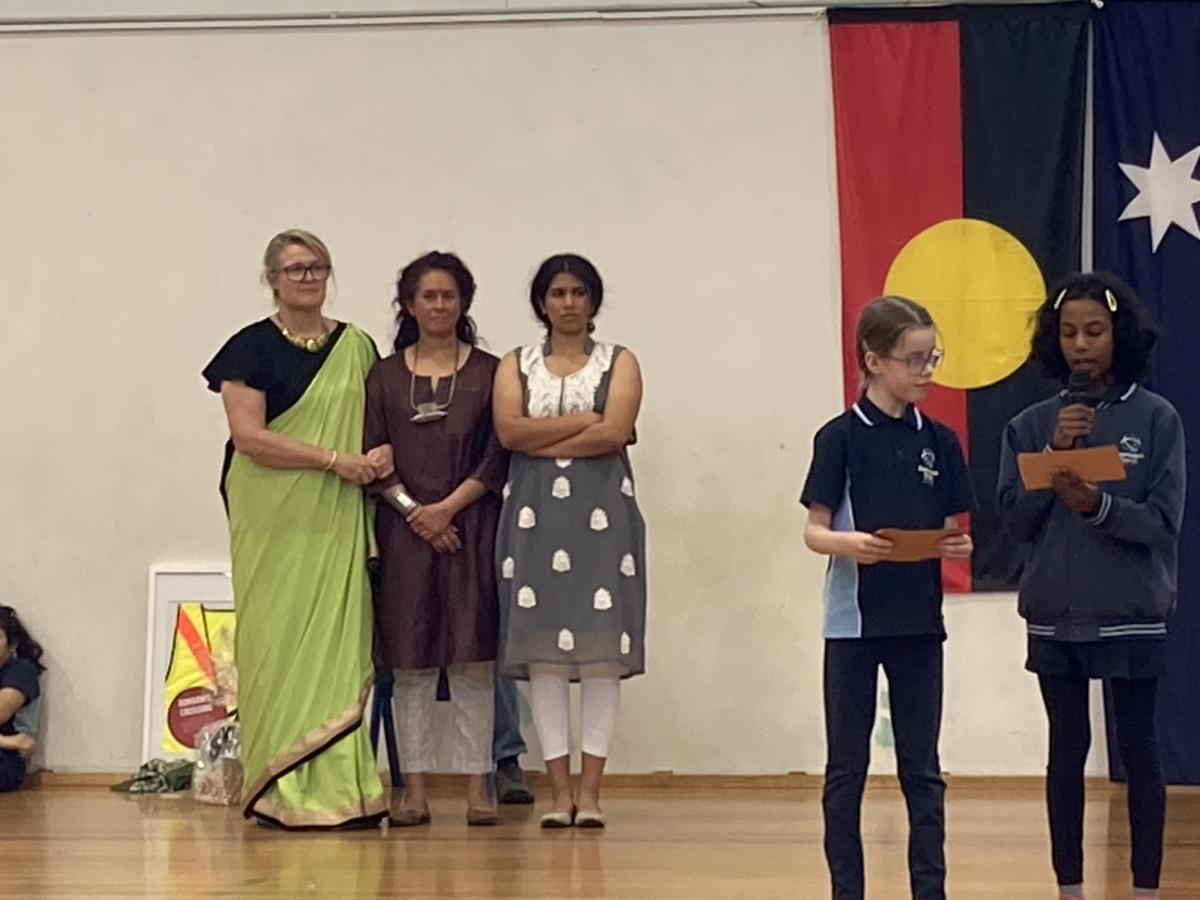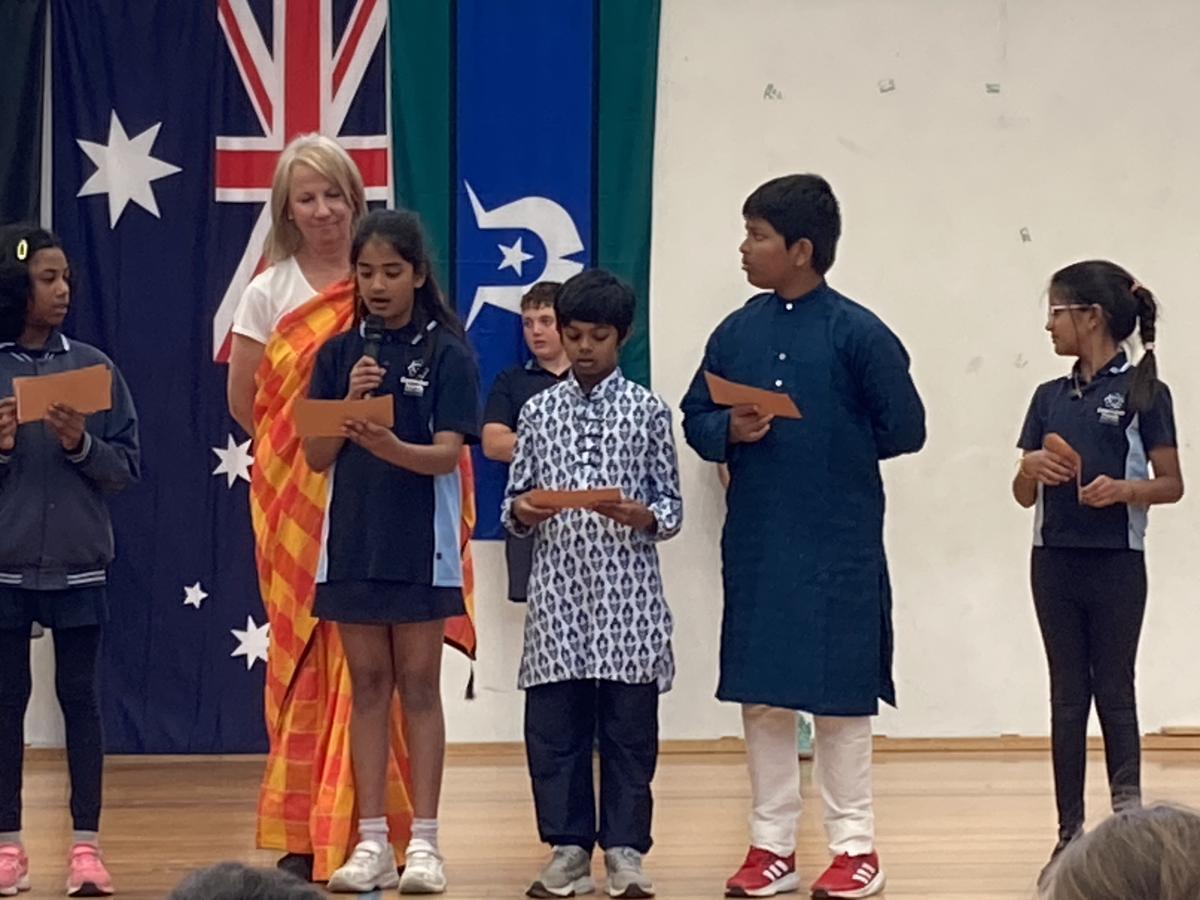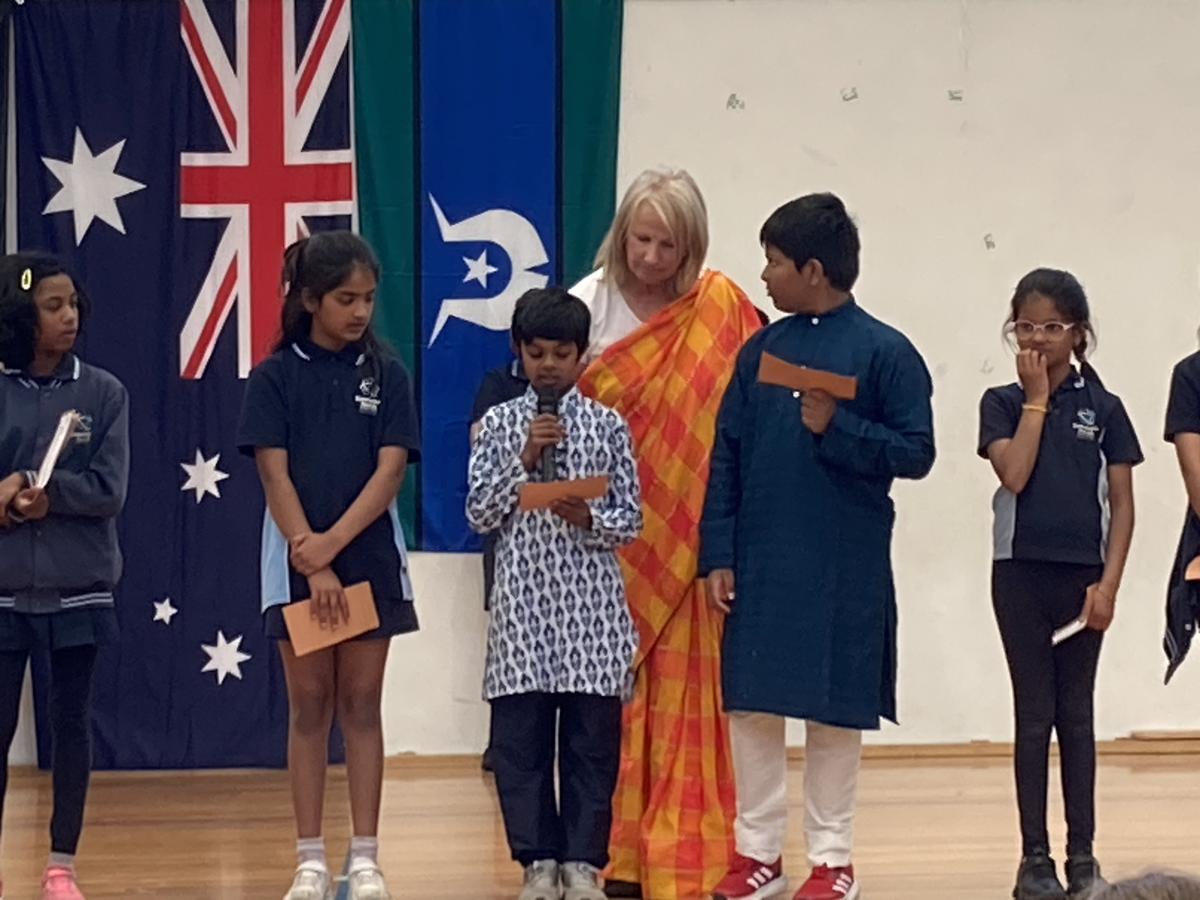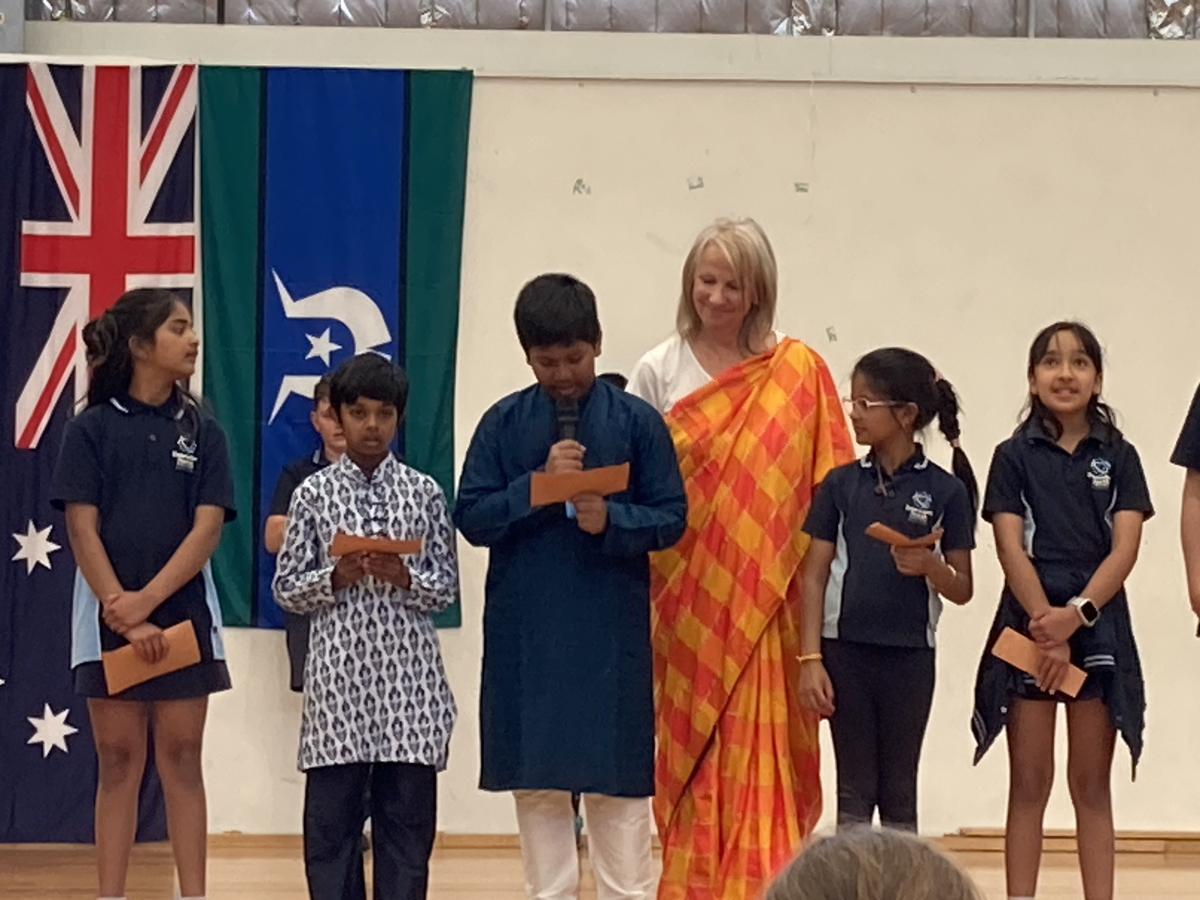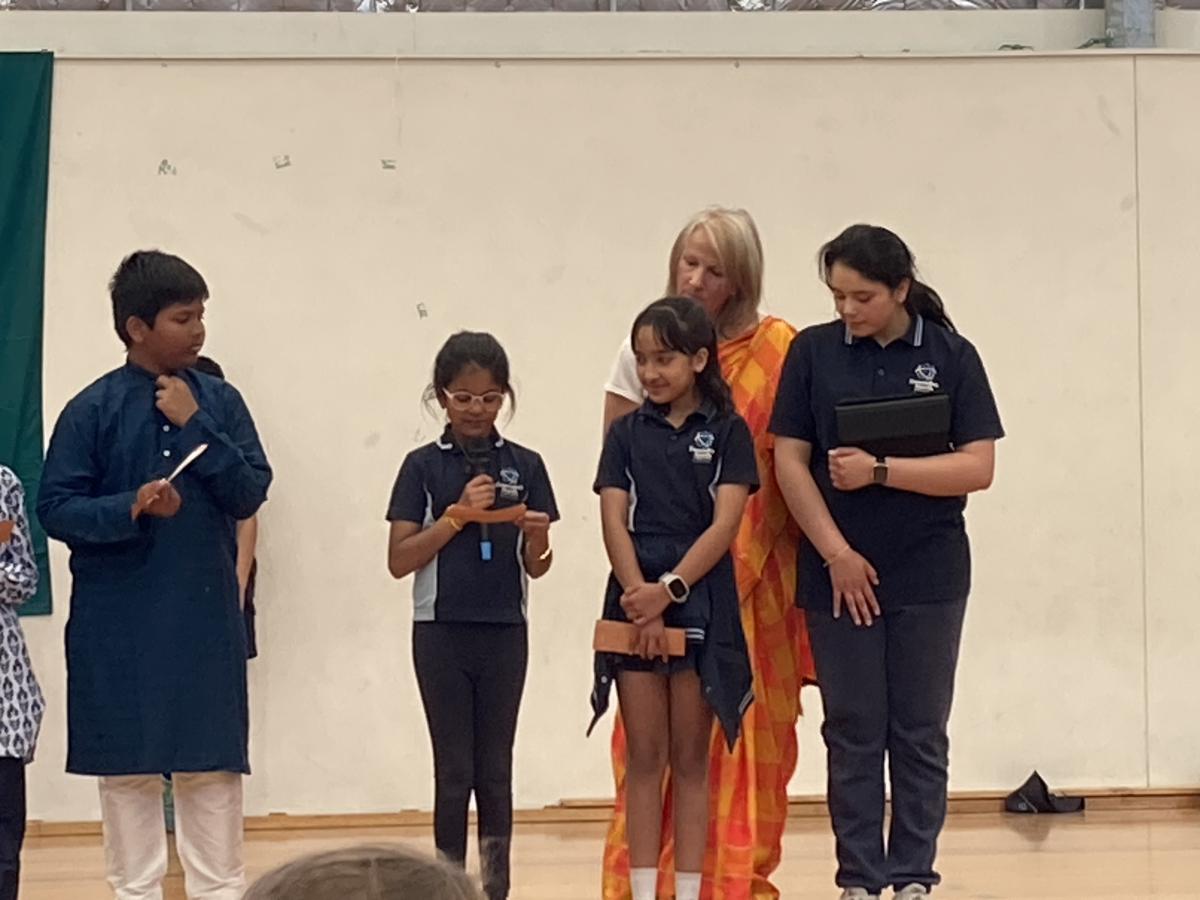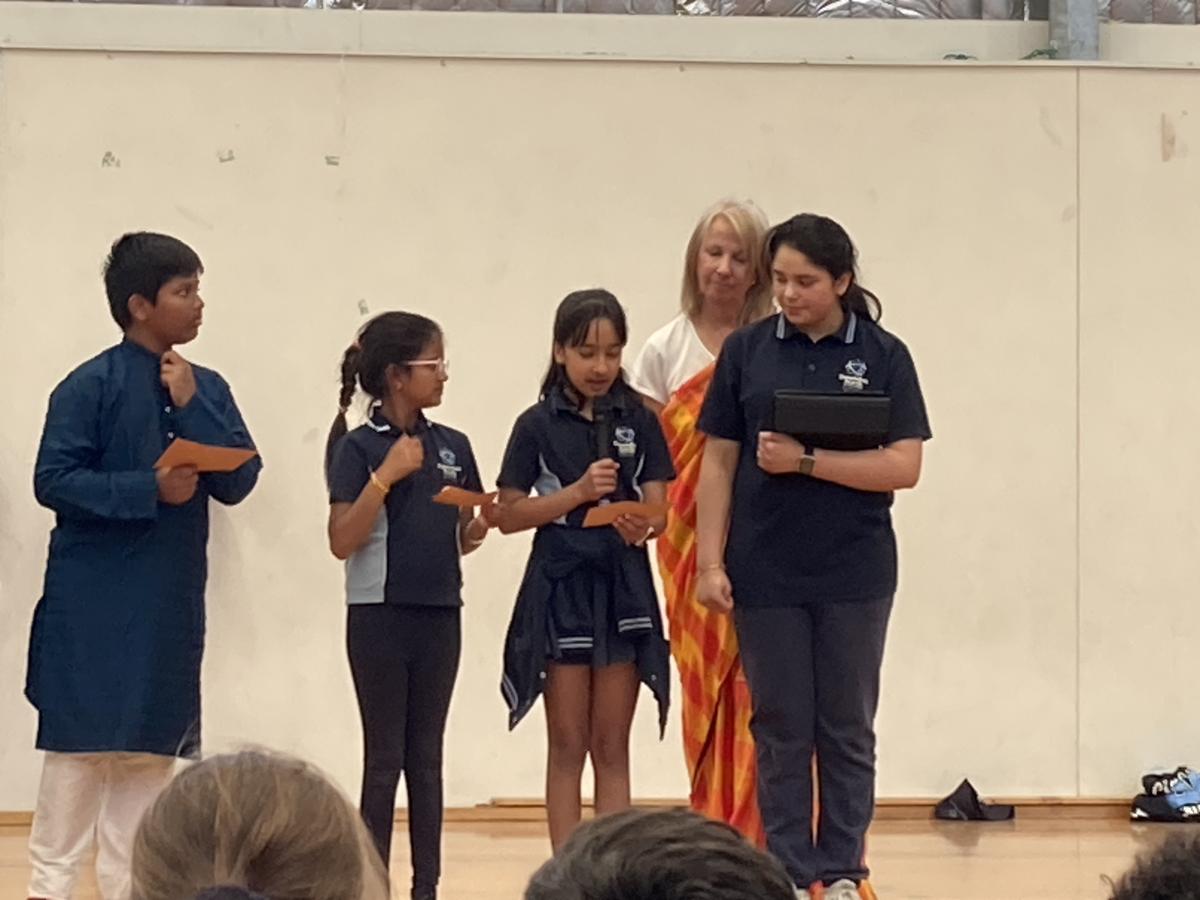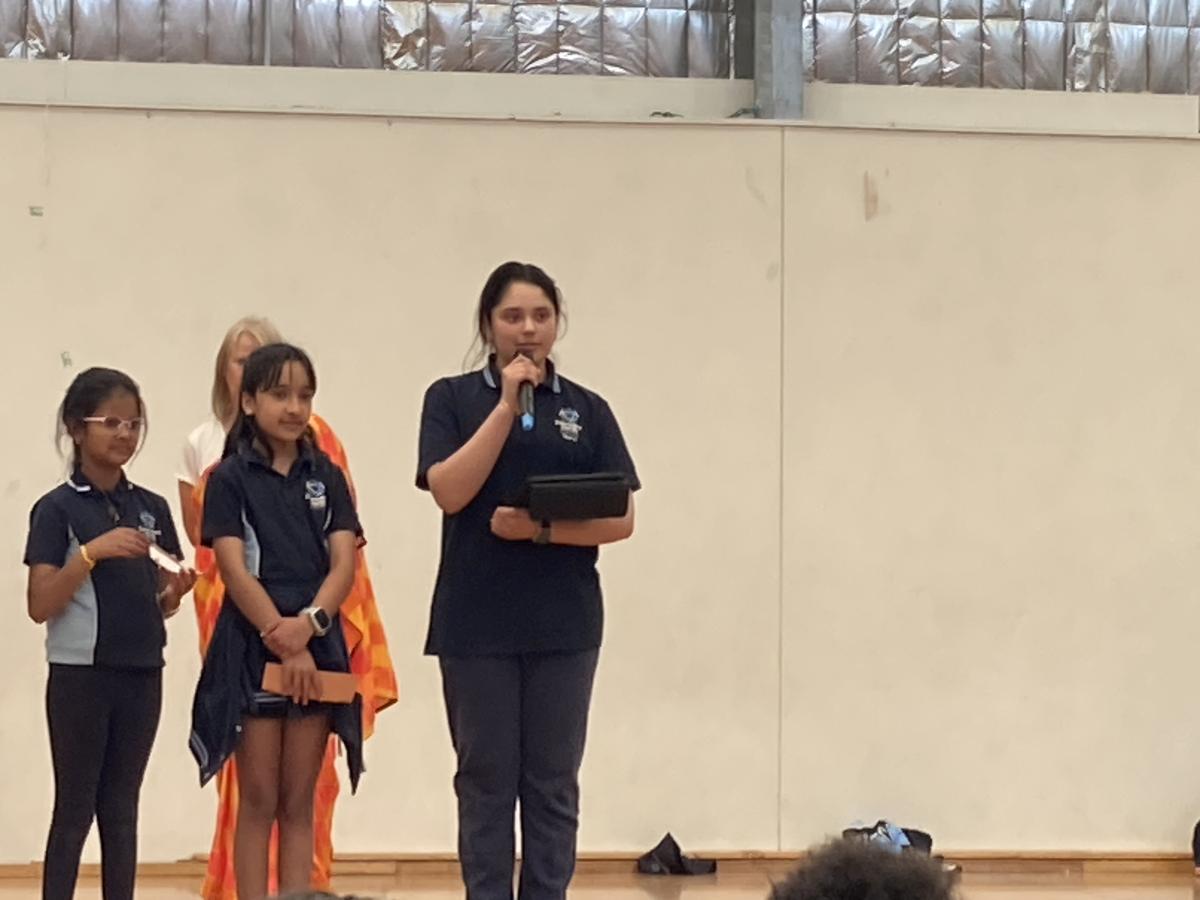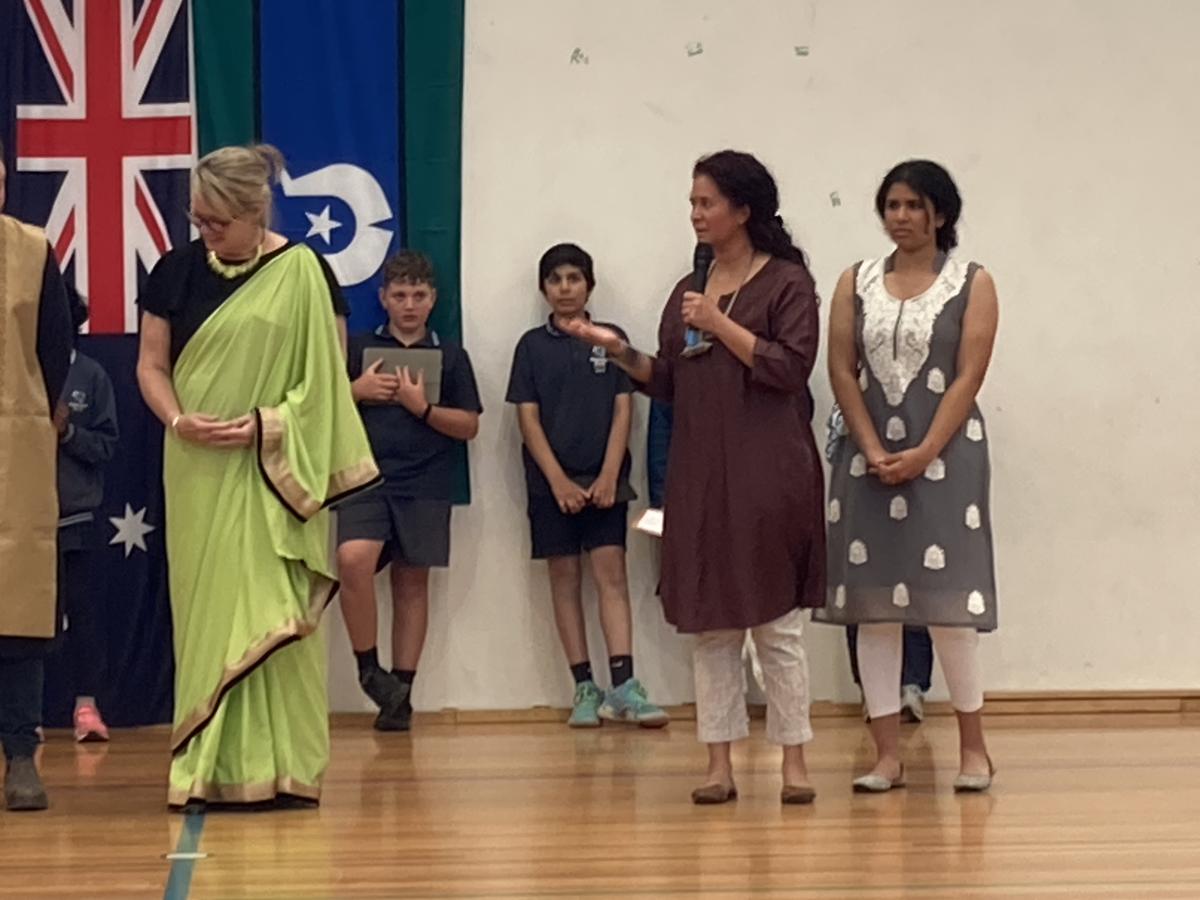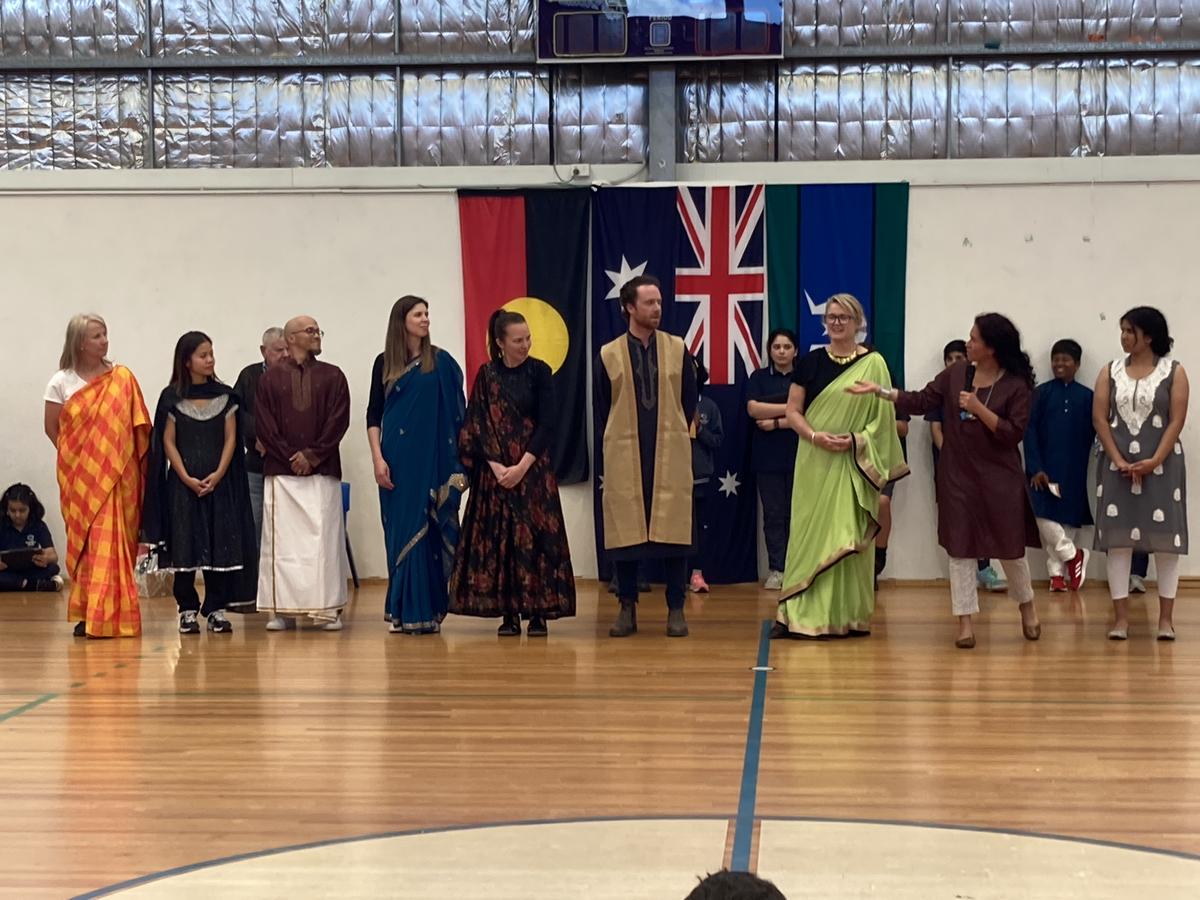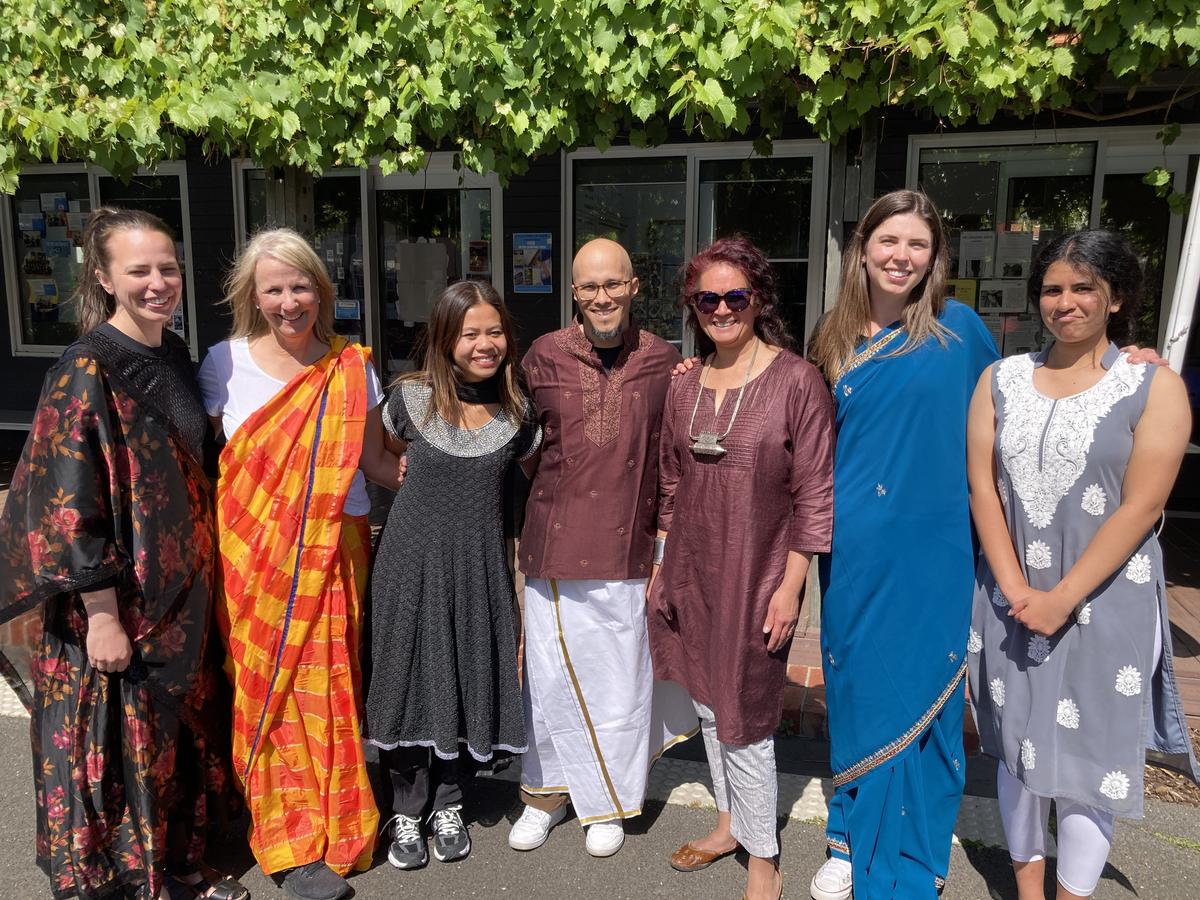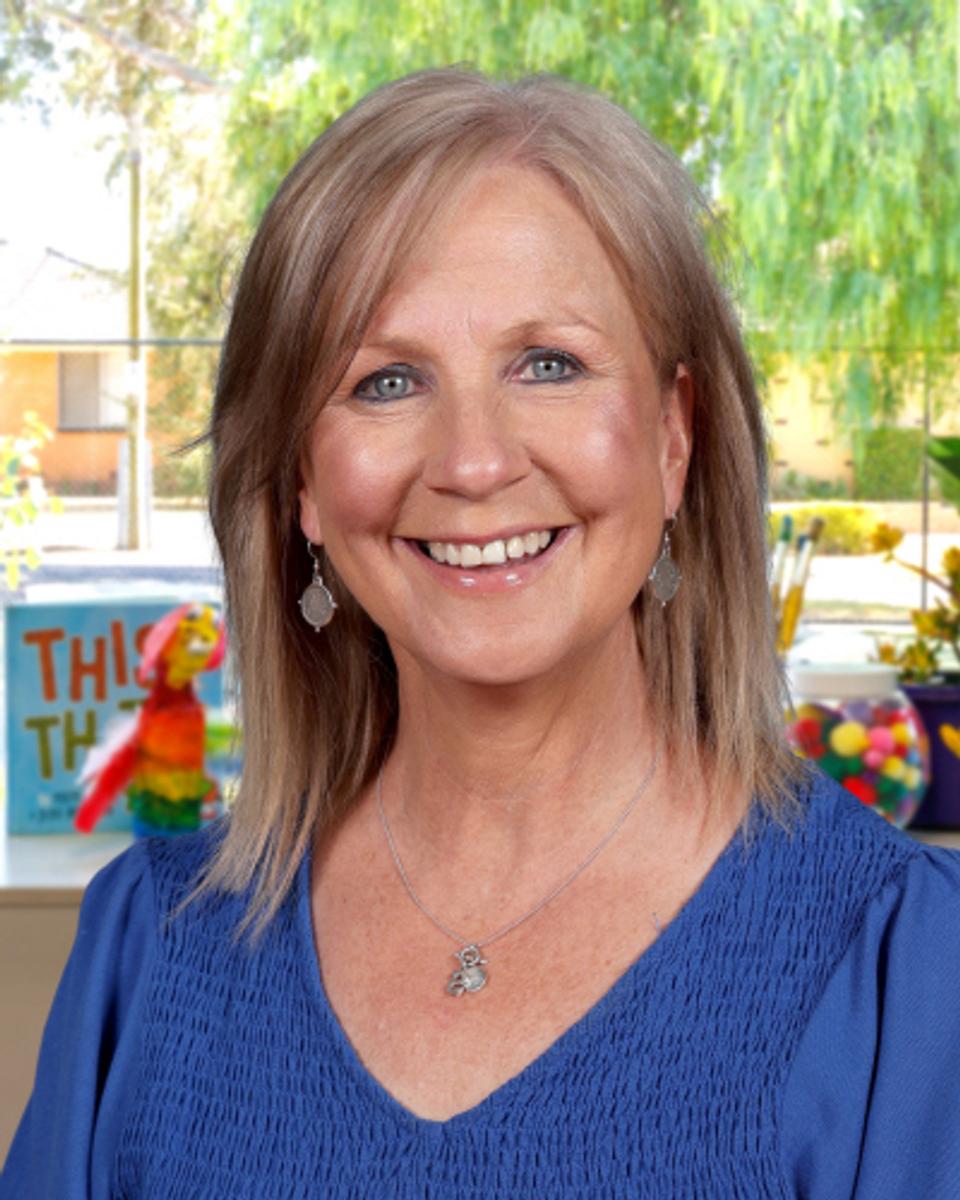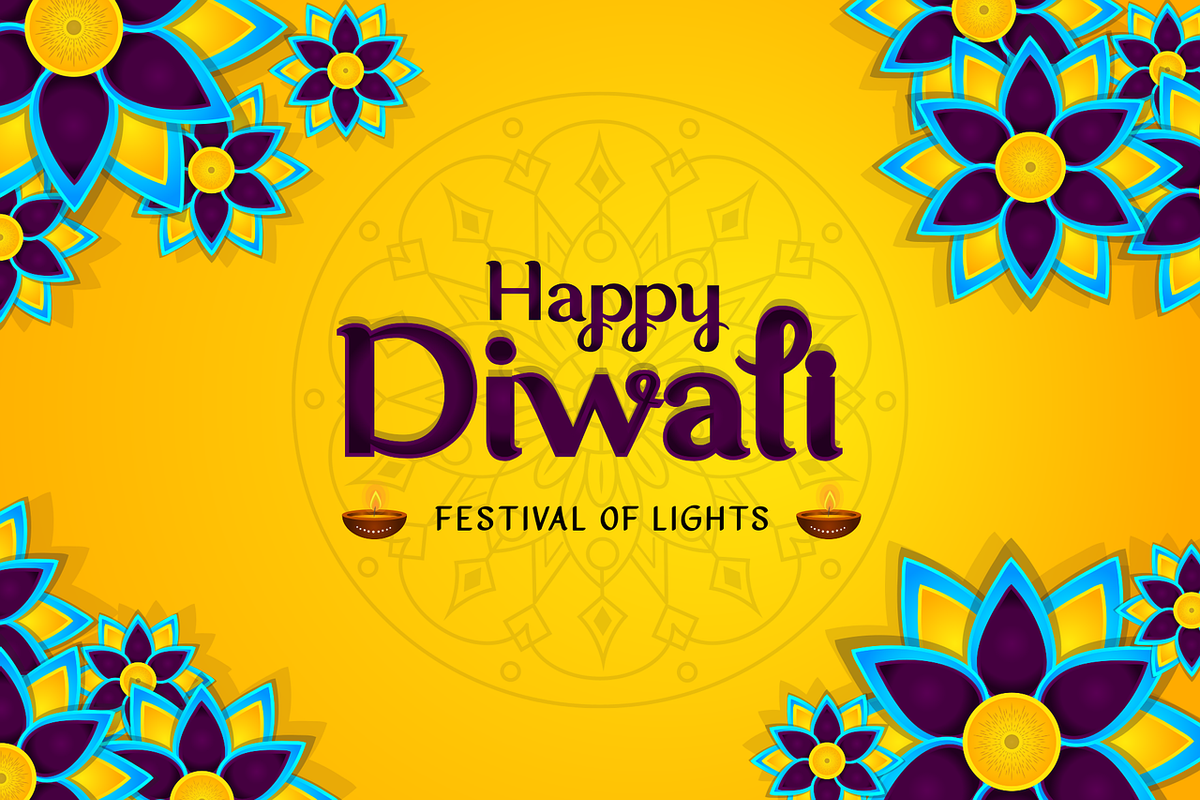Celebrating Diwali: The Festival of Lights

As global learners and leaders at Essendon North Primary School, we continuously encourage our students to engage with diverse cultures and respect other perspectives, traditions, and beliefs.
One of our school’s guiding statements, Critical Engagement with the World, is embedded in all our practices. It emphasizes the importance of developing a strong sense of self and personal identity, and it inspires us to nurture students as engaged, compassionate global citizens ready to make a positive impact.
In alignment with these values, it’s essential that we acknowledge and raise awareness of cultural celebrations that are meaningful to the families within our school community. This brings us to Diwali - an important festival that we want to highlight and celebrate together.
What is Diwali?
Diwali, also known as Deepavali, is a Hindu festival that celebrates the triumph of light over darkness, good over evil, and knowledge over ignorance. Often referred to as the Festival of Lights, Diwali is one of the most significant holidays in Hindu culture and is also celebrated by Sikh, Jain, and Buddhist communities in some regions.
Diwali spans five days and is filled with beautiful and symbolic traditions. Families decorate their homes with oil lamps called diyas, hang lights, create colourful rangoli patterns on the floor, and exchange gifts and sweets. On the main day, families gather to offer prayers to Lakshmi, the goddess of wealth and prosperity, and enjoy a festive meal. Fireworks light up the night sky, symbolizing hope and joy.
Why Celebrate Diwali?
Each day of Diwali brings unique customs and rituals, making it a vibrant time that fosters unity, self-reflection, and new beginnings. Recognizing celebrations like Diwali in our school community promotes intercultural awareness, respect for diversity, and a deeper understanding of the values that bind us all, and we were thrilled to celebrate the start of Diwali with a special assembly this afternoon! Anya from Year Five, her mother Anusha and sister Anvika kindly joined us to speak about the significance of Diwali and the traditional sari, and a number of students also shared their family connection to Diwali traditions and celebrations. Thank you Anusha, Anya, Anvika, Vihana, Parneet, Jaideep, Amara, Harveen and Eleanor for sharing the meaning of this special festival with our community. We have included our students' and Anusha's wonderful words for you below:
Hi, my name is Eleanor, and my friend's name is Anya. We are in Year Five. Today we are going to talk about a special and important celebration called Diwali. Diwali, also known as the Festival of Lights, is one of the most important Indian festivals, celebrated with great enthusiasm by Hindus, Sikhs, Jains, and Buddhists, each with unique cultural interpretations of the festival.
Anya:
It marks the victory of light over darkness and good over evil. Typically lasting five days, the festival usually falls in October or November. It celebrates the return of the king after defeating a demon, symbolising the triumph of good over evil. In some regions, it also honours goddess Laxmi, the goddess of wealth.
Eleanor:
According to traditions, people decorate their homes, wear new traditional clothes, light oil lamps called diyas and firecrackers. Families exchange gifts and get together for festive sweets and treats.
Anya:
My favourite traditions are when I get to eat lots of yummy and sweet foods. Also, I love having fun with the sparklers.
Hi, my name is Vihana (3KO)
During Diwali I really like creating pictures of different designs of lines outside my home, using coloured paints. The purpose of this tradition is to get rid of evil and bring happiness to the family. Also, I always place food on plates and leave it outside the door for birds to bring up to the sky, close to heaven.
Hi, my name is Parneet (5JD)
One of my favourite traditions that I enjoy sharing with my family and friends is lighting sparklers outside. This tradition is seen as an act of eliminating darkness, evil spirits and removing people’s bad thoughts.
My name is Jaideep (5AJ)
Puja (Prayer Ceremony) is a common family prayer and ritual that is performed to honour Lakshmi, the goddess of wealth and prosperity. This prayer is usually done to seek blessings for health, happiness, and success in the coming year. Happy Diwali.
Hi, my name is Amara (4CT)
My favourite tradition of celebrating Diwali is using fireworks and sparklers as a gesture of happiness. At home my family and I decorate the house with LED lights, colourful Christmas lights and diyas. This tradition originated when Sita got taken from Raven. When Sita was saved by Rama, everyone celebrated with sparklers and fireworks.
Hi my name is Harveen (4IW)
Something that I really connect to when celebrating Diwali is lighting fireworks. This traditional custom is very symbolic because Diwali is also recognised around the world as "Festivals of Lights". Another special connection I make, is when my family and I visit other people’s homes and celebrate Diwali with everyone. Happy Diwali!
Saanvi (6LA)
As School Captain, and someone that celebrates Diwali myself, I would personally like to wish everyone a joyful and prosperous Diwali. This deeply significant cultural event is annually marked and celebrated on the Hindu calendar. May the new year bring good health, fortune, success, harmony and peace to everyone in the ENPS community.
Anusha (mother of Anya, 5JD)
Diwali, also known as the Festival of Lights, is one of the most important Hindu festivals, celebrated with great enthusiasm in India and by communities worldwide. It marks the victory of light over darkness and good over evil. Typically lasting five days, the festival usually falls in October or November.
1. Significance: It celebrates one of our gods defeating a demon king, symbolizing the triumph of good over evil. In some regions, it also honours the goddess of wealth.
2. Rituals: People clean and decorate their homes, light oil lamps called Diyas, and burst fireworks. Special prayers (pujas) are performed for the goddess of wealth.
3. Traditions: Families exchange gifts, wear new clothes, and prepare festive sweets and treats.
4. Global Celebration: Diwali is observed by Hindus, Sikhs, Jains, and Buddhists, each with unique cultural interpretations of the festival.
5. Diwali promotes the values of unity, joy, and renewal.
To all our families celebrating Diwali, we wish you a joyful and prosperous festival filled with love, peace, and light.
Happy Diwali to everyone celebrating!
Sharon McWhinney
Intercultural Coordinator

